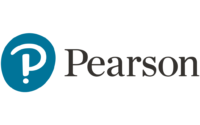
College Students’ Motivation and Confidence for ePortfolio Use
Research has consistently demonstrated the benefits of using ePortfolios in higher education and the Association of American Colleges and Universities (AAC&U) added ePortfolios to its High-Impact Practices list (Watson, Kuh, Rhodes, Light, & Chen, 2016). The majority of studies on college students’ ePortfolio use have focused on implementation within a specific course or from a […]















